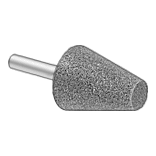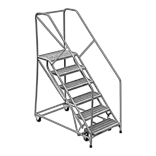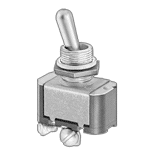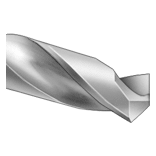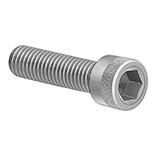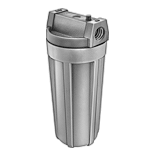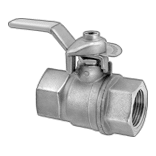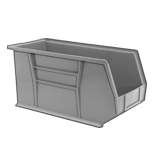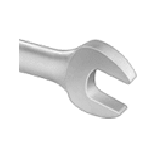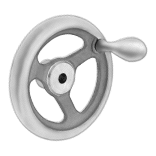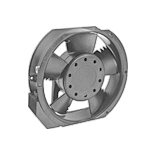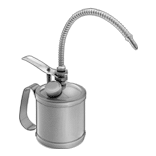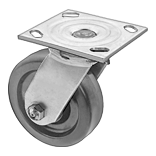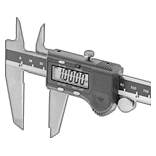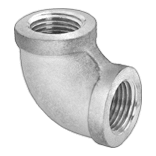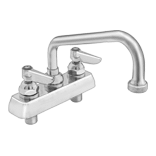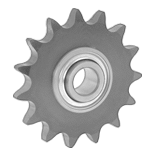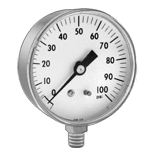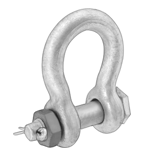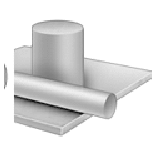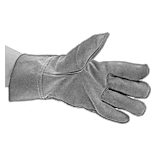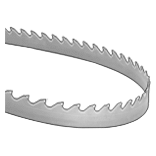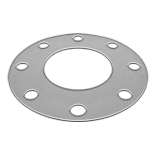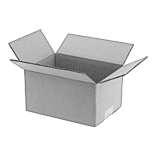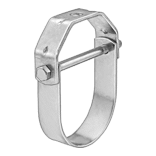About Composites
More
Composite Fabrics
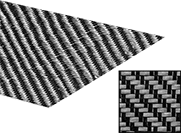
Use these resin-free fabrics to reinforce or repair existing composites as well as create new composites. Mold custom-shaped composite parts by layering your choice of fabric with an epoxy. The epoxy (sold separately) is a two-part resin that begins to harden in 15 hours and reaches full strength in 4 days. Finished composite pieces withstand temperatures up to 250° or 350° F.
Fabrics with a plain, twill, or triaxial weave have fibers that are woven in alternating directions for uniform strength and rigidity in all directions. Easier to machine than fabrics with a unidirectional weave, their woven pattern holds the fibers together to limit splintering. Twill-weave fabrics are stronger than plain-weave fabrics. They’re also more flexible, making them easier to manipulate into complex shapes. They will not, however, retain their shape as well as plain-weave fabrics.
Fiberglass fabrics are strong and offer a little flex to finished custom composite parts.
Kevlar fabrics are a super-tough material that offers excellent wear and abrasion resistance.
Carbon-fiber fabrics have the highest strength of all our composite fabrics.
For technical drawings and 3-D models, click on a part number.
50" × 36" | ||||||
|---|---|---|---|---|---|---|
| Material | Color | Thick. | Fiber Tensile Stiffness | For Use Outdoors | Each | |
Twill Weave | ||||||
| Fiberglass Fabric | White | 0.009" | Standard (33-36 msi) | No | 0000000 | 000000 |
| Kevlar Fabric | Yellow | 0.01" | Standard (33-36 msi) | No | 0000000 | 000000 |
| Carbon Fiber | Black | 0.012" | Standard (33-36 msi) | No | 0000000 | 000000 |
| Carbon Fiber | Black | 0.025" | Standard (33-36 msi) | No | 0000000 | 000000 |
| Epoxy—5:1 Mix Ratio (1 gal. metal can and 0.86 qt. metal can) | 0000000 | Each | 0000000 |
